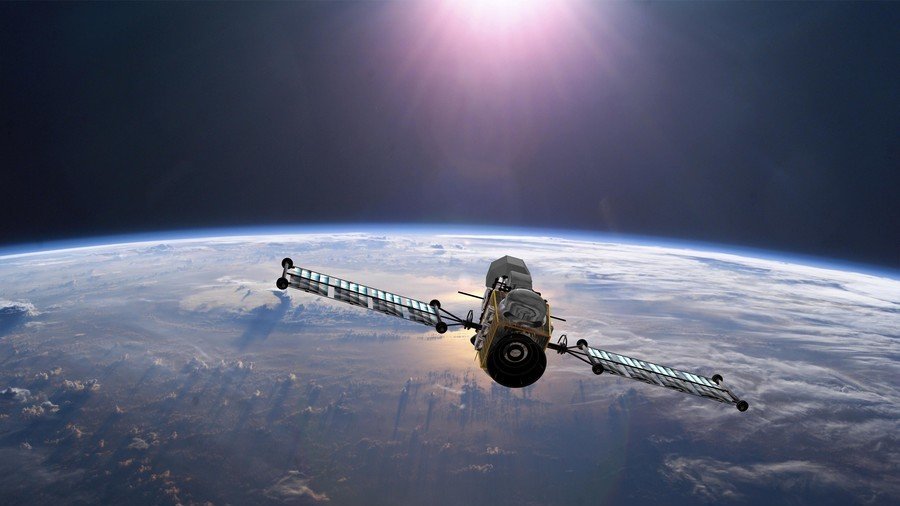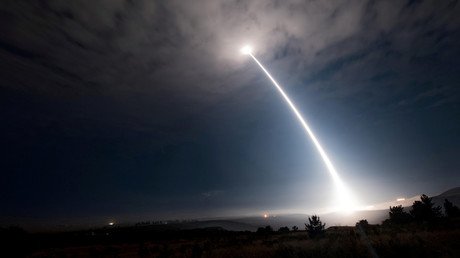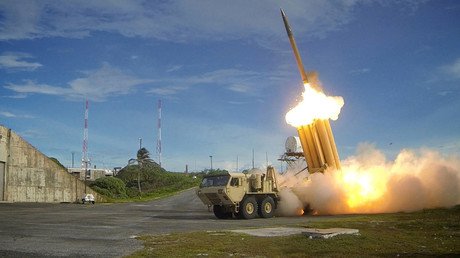‘Way to disaster’: Moscow warns US against deploying WMDs in space, threatens with ‘tough response’

Washington’s plan to create a Space Force could lead to catastrophe, a Russian Senator has warned. Moscow’s ready to “strongly retaliate” if the US violates the outer space treaty by putting weapons of mass destruction into orbit.
“Militarization of space is a way to disaster,” Viktor Bondarev, the head of the Russian Federation Council’s Defense and Security Committee told RIA news agency just day after the US President Donald Trump ordered the creation of a new branch of the US military that would be tasked with operating in what he called “forbidden skies.”
The senator warned that Washington could potentially violate international agreements regulating the demilitarization of space and thus put the international security in a grave danger. “There is a major risk that the Americans would commit grave violations in this field … if one takes into account what they do in other spheres,” Bondarev said.
“If the US withdraws from the 1967 agreement that bans deployment of nuclear weapons in space, [such a move] will be followed by a tough response not only from our state but from other states as well, which would be aimed at preserving international security,” he added.
The 1967 Outer Space Treaty, to which the US is a party, prohibits deployment of nuclear weapons as well as any other weapons of mass destruction (WMDs) in the Earth’s orbit. It also bans states from testing any weapons in outer space, or establishing military bases on the Moon and other celestial bodies.
Trump’s Monday speech notably mentioned a push to establish a “permanent presence” on the Moon, with an eye to a manned Mars mission, although he did not say if military would be involved. The US leader, however, called for establishing “dominance” in space, calling it a matter of national security.
The US has a history of unilaterally withdrawing from international treaties that regulate military activities. Back in 2002, US President George W. Bush withdrew from the Anti-Ballistic Missile Treaty (ABM) Treaty, which had been one of the main pillars of the détente and held for nearly 30 years.
Moscow and Washington have also traded accusations of violating the Intermediate-Range Nuclear Forces (INF) Treaty. The Russian President Vladimir Putin accused the US of de-facto leaving the INF, saying that missiles from the US ballistic defense system deployed in Romania can be easily converted to middle-range projectiles to target Russia.
Like this story? Share it with a friend!














